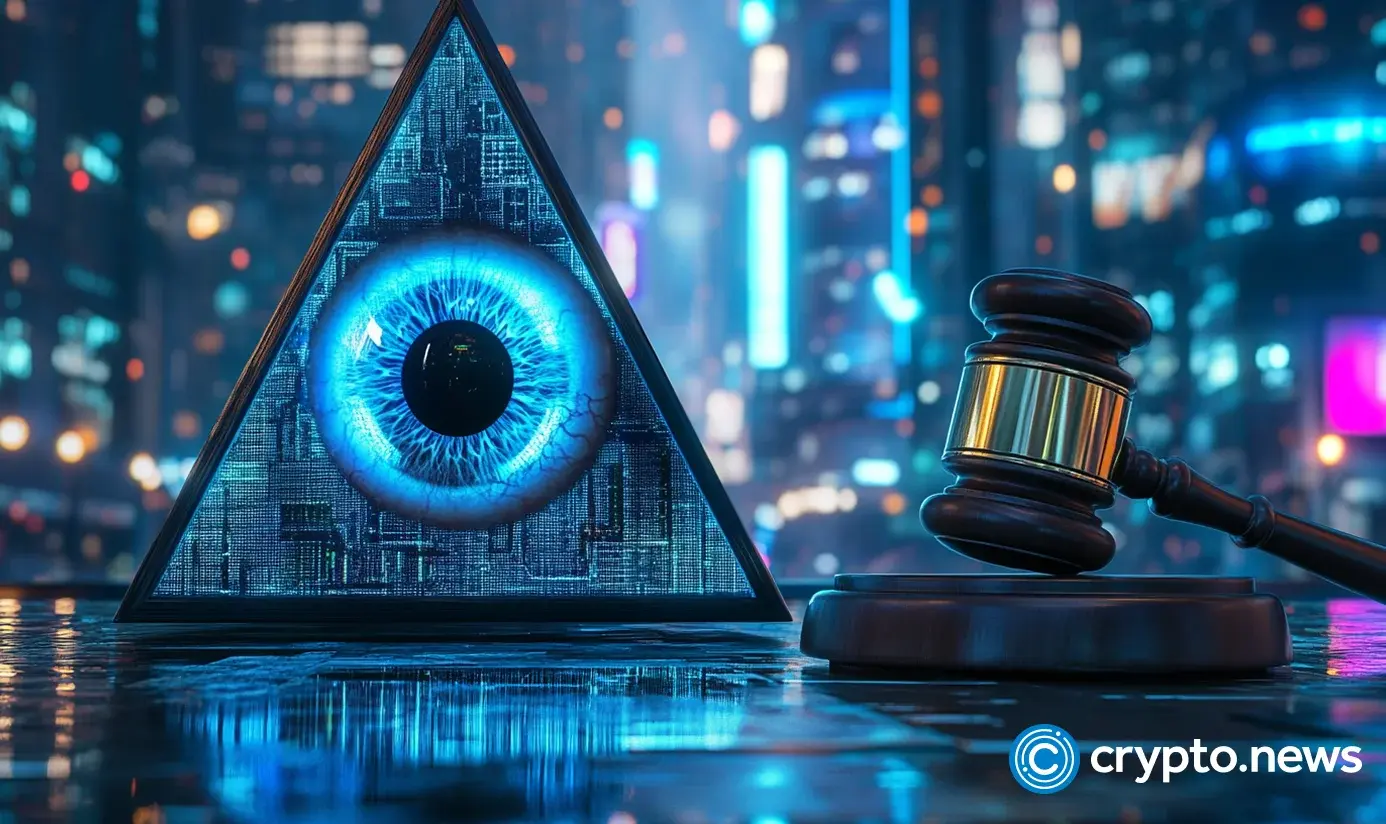Disclosure: The views and opinions expressed right here belong solely to the writer and don’t signify the views and opinions of crypto.information’ editorial.
Whereas crypto has already modified the best way we commerce and make investments, it’s now beginning to problem the best way we arrange, and that’s what decentralized autonomous organizations, or DAOs, are about.
Abstract
- Regardless of huge on-chain treasuries, most DAOs aren’t acknowledged as authorized entities — they’ll’t signal contracts, pay taxes, or defend members from legal responsibility.
- Whereas DAOs promise openness and decentralized governance, the absence of authorized persona means “group possession” typically masks focus of energy amongst just a few dominant contributors.
- DAO “wrappers” like LLCs or foundations repair fundamental compliance points however conflict with on-chain guidelines, create multi-jurisdictional confusion, and lift prices — making smaller groups much less aggressive.
- A brand new authorized framework is required — one which defines roles like “digital fiduciaries” and creates a world “DAO passport” for accountability, transparency, and cross-border recognition of decentralized organizations.
The truth is, DAOs aren’t a small experiment, as they maintain over $20 billion in liquid belongings, but, within the eyes of most authorized methods, they barely exist. With no CEOs, no headquarters, and no acknowledged judicial standing, a DAO simply doesn’t match into the classes that courts and regulators have all the time used for firms.
So, the true downside is that the legislation should adapt to organizations that look nothing like these it was constructed to control. Merely put, as DAOs unfold, authorized methods should rethink what an “group” even is and whether or not actual accountability survives when code guidelines.
The promise and the void
At their greatest, DAOs provide openness, pace, and actual collective possession, so anybody with an web connection can present up, pitch an thought, or vote. This works as a result of code handles the core processes, making governance far more clear than in a standard firm. Because of this, you get a system that lowers boundaries to entry and lets folks coordinate at scale with out managers.
However the identical options that make DAOs environment friendly additionally reveal a giant weak point. Token holders may really feel like homeowners, but beneath the legislation, they’re not. In different phrases, and not using a authorized persona, DAOs can’t signal contracts, pay taxes, or defend members from private legal responsibility.
The deeper problem is that when nobody is really accountable, “group possession” turns into a efficiency. In observe, which means the loudest or wealthiest voices, these with the time and sources to take part, dominate proposals, set the agenda, and sideline the broader group.
Furthermore, when participation turns into nominal, the promise of collective possession disappears, innovation slows, and belief erodes contained in the group and past. That’s why DAOs should tackle actual accountability, or the imaginative and prescient of open governance seems to be open however adjustments nothing.
The important thing questions are whether or not lawmakers and builders can shut that hole and whether or not conventional entity wrappers remedy the issue or merely create new trade-offs.
Authorized patchwork, slower adoption
For now, most DAOs have tried to bridge the regulatory hole by borrowing from the company world. Some register as LLCs, others launch foundations, and some jurisdictions, comparable to Wyoming and the Marshall Islands, let DAOs register as their very own kind of entity. Collectively, these strikes assist to repair the fundamentals, as a wrapper permits you to signal contracts, maintain belongings, and pay distributors like every firm, however it complicates all the pieces that follows.
Authorized wrappers typically conflict with on-chain guidelines, leaving the group to decide on between code and compliance. That selection not often stays inner, as a result of as soon as groups are unfold throughout jurisdictions, the identical DAO instantly falls beneath a number of regulators, tax methods, and even conflicting statutory definitions of what a DAO is.
All of this leads to a authorized patchwork that raises mounted prices throughout jurisdictions, pushes key selections off-chain to some signers, and in the end slows adoption, as smaller groups get priced out and customers see much less transparency. And these trade-offs are already seen in how DeFi initiatives function…
As an example, Uniswap’s current “DUNI” proposal reveals what entity wrapping actually prices. The plan units apart $16.5 million in UNI for taxes and authorized protection, with potential IRS legal responsibility anticipated beneath $10 million. If massive names can afford this, smaller DAOs can’t, so that they delay releases, restrict entry for U.S. customers, or transfer offshore solely. That’s how compliance stalls innovation, making paperwork outline the tempo of adoption.
In such a state of affairs, the repair received’t come routinely. From the place I stand, what DAOs want is a regulatory framework constructed for decentralization itself.
The street forward
So, what now? In my opinion, if DAOs are ever going to change into greater than experiments, the legislation should catch up. We’d like a framework constructed for decentralization from the bottom up, institutional scaffolding that retains DAOs open, however makes them accountable.
To me, one sensible repair is to rethink fiduciary responsibility for the digital age. Every DAO names a “digital fiduciary,” particularly, a job set in code and acknowledged by legislation. In that case, there’s all the time somebody accountable when issues go improper, so belief doesn’t depend upon repute alone however is backed by clear duty.
One other answer is a harmonized baseline throughout borders or a form of “DAO passport.” It might lay out minimal requirements for transparency, legal responsibility safety, and dispute decision. Thus, initiatives wouldn’t need to rebuild their authorized construction each time they crossed into a brand new nation.
That’s the true fork within the street. If the legislation can’t adapt, DAOs stay a gray-zone instrument for insiders. But when regulators step up, DAOs may evolve into the following layer of the worldwide financial system — open, borderless, and accountable by design.

